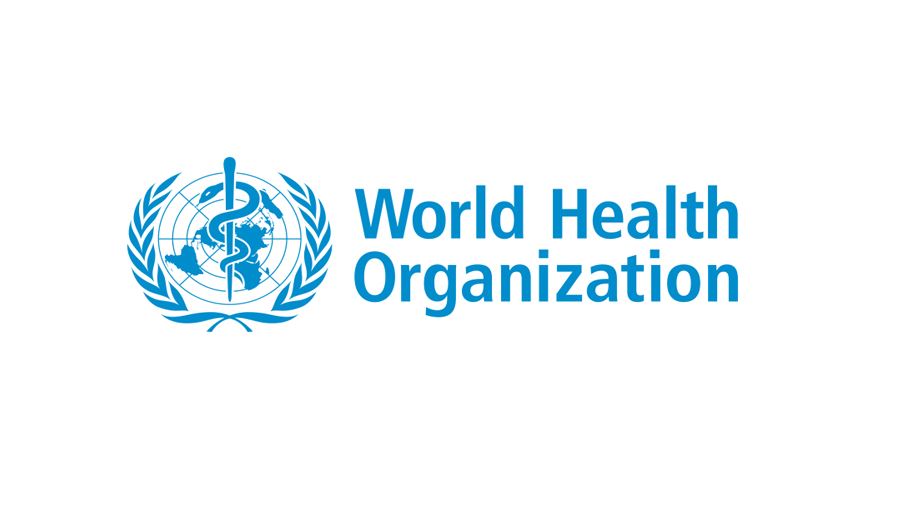Good morning, good afternoon and good evening.
I’d like to start by wishing all Muslims Eid Al- Adha Mubarak.
And I’d like to congratulate the Kingdom of Saudi Arabia for the steps it has put in place to make the Hajj as safe as possible this year.
This is a powerful demonstration of the kinds of measures that countries can and must take to adapt to the new normal.
It’s not easy, but it can be done. The pandemic does not mean life has to stop.
We must all learn to live with the virus, and to take the steps necessary to live our lives, while protecting ourselves and others – especially those at highest risk of COVID-19.
As you know, one of those groups is older people, especially those living in long-term care facilities.
In many countries, more than 40% of COVID-19-related deaths have been linked to long-term care facilities, and up to 80% in some high-income countries.
Recognizing the critical nature of this issue, WHO has released a policy brief on preventing and managing COVID-19 in long-term care facilities.
The brief lists key actions that must be taken by policy-makers and national and local authorities to protect older people. These range from integrating long-term care in the national response, to mobilizing adequate funding, to ensuring strong infection prevention and control, to providing support for family and voluntary caregivers – and much more.
For each policy objective, the document lists actions that long-term care facilities can take, and gives real-world examples of actions countries have taken in each area.
The brief also suggests ways to transform long-term care services so that older people can receive quality care that respects their rights, freedoms and dignity.
I especially want to acknowledge those who work in long-term care facilities all over the world, who are doing heroic work to save lives and protect those in their care. I salute you.
===
Although older people are at a higher risk of severe disease, younger people are at risk too. One of the challenges we face is convincing younger people of this risk.
Evidence suggests that spikes of cases in some countries are being driven in part by younger people letting down their guard during the northern hemisphere summer.
We have said it before and we’ll say it again: young people are not invincible.
Young people can be infected; young people can die; and young people can transmit the virus to others.
That’s why young people must take the same precautions to protect themselves and protect others as everyone else. They can be leaders – they should be leaders and drivers of change.
===
All of us have a role to play in reducing our risk of exposure to COVID-19.
Every day, we all make decisions that affect our health and the health of those around us, in many ways.
Reliable information is extremely important in enabling people to make the right decisions for their health.
We have all seen the harm done by misinformation.
But information alone is not enough.
People make decisions based on a wide range of factors to do with their culture, beliefs, values, economic circumstances and more.
They make decisions under unprecedented financial and social pressure, high levels of anxiety and with ill-equipped health systems.
Countries have been asking their citizens to understand their risk; to adapt; to engage; to give up to things they value and that define them.
In the face of the COVID-19 pandemic, countries are using a range of tools to influence behaviour: information campaigns are one tool, but so are laws, regulations, guidelines and even fines.
We are learning what works, and what doesn’t.
That’s why behavioural science is so important – it helps us to understand how people make decisions, so we can support them to make the best decisions for their health.
Today I’m proud to announce that WHO has created a Technical Advisory Group on Behavioural Insights and Sciences for Health.
This broadens and deepens WHO’s existing work on behavioural science, and will support our work to offer health advice that is not only stronger, but more effective.
The technical advisory group consists of 22 outside experts from 16 countries, with expertise in areas including psychology, anthropology, health promotion, neuroscience, behavioural economics, social marketing and more.
This new group will advise WHO on how to increase and improve the use of behavioral and social sciences in a range of health areas, including COVID-19.
I’d like to take this opportunity to thank my colleague Elena Altieri, who proposed this idea a year ago and has worked hard to make it happen.
Today I’m delighted to be joined by the chair of the technical advisory group, Professor Cass Sunstein.
Professor Sunstein is the Robert Walmsley Professor at Harvard University, and the founder and director of the Program on Behavioral Economics and Public Policy at Harvard Law School.
Professor Sunstein, welcome. You have the floor. Thank you for your commitment, and thank your for joining, and thank you for this pathfinding work that will help WHO.

